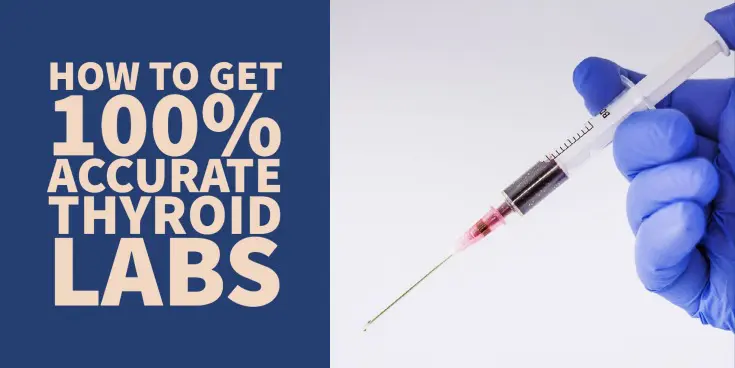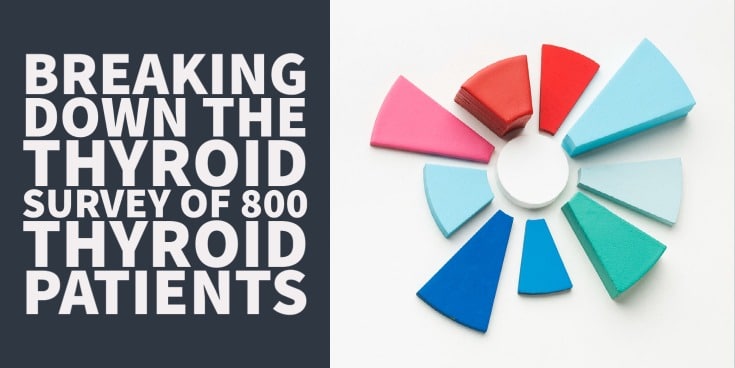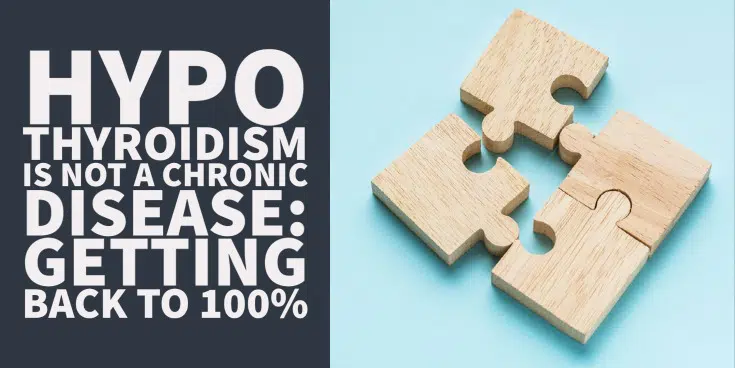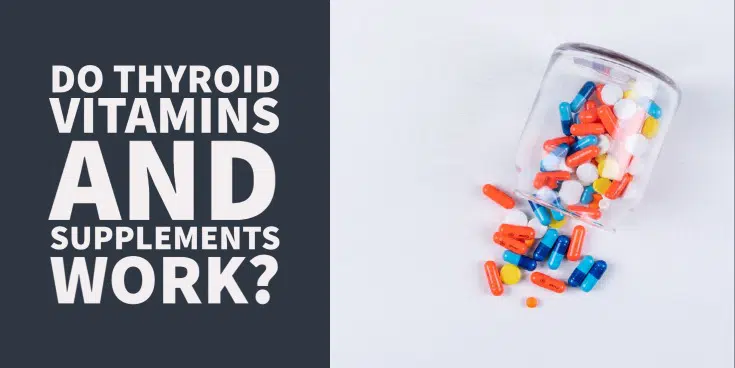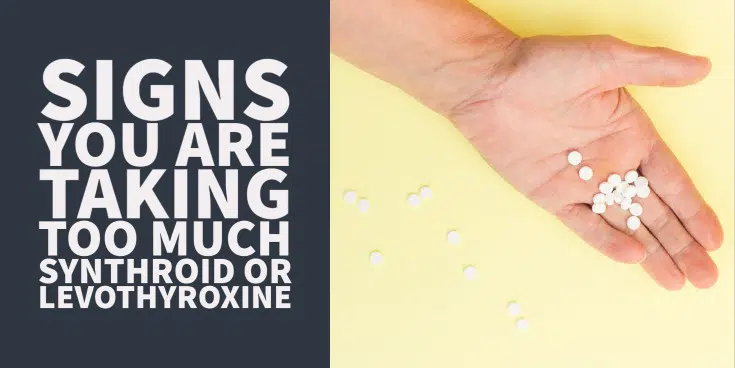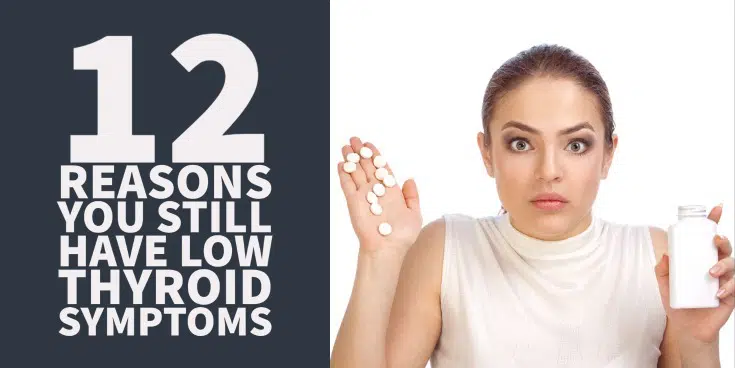Thyroid Nodule Treatments: Natural & Medical Options
Do you have thyroid nodules? If so, you have probably wondered, at least at some point, how to treat or reduce the size of those nodules. And that’s exactly what we are going to be talking about today. Natural treatments for thyroid nodules and just thyroid nodule treatment in general. In this discussion, we will …

